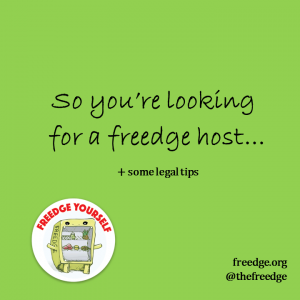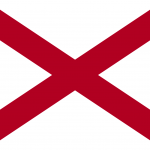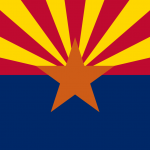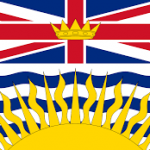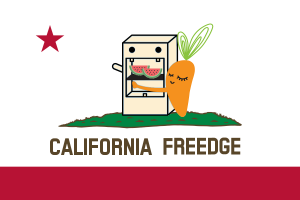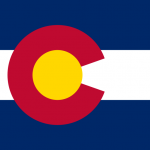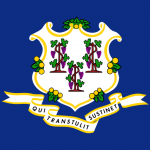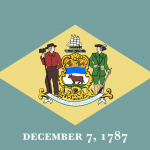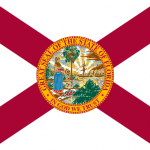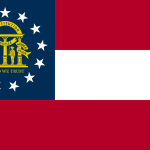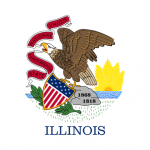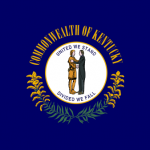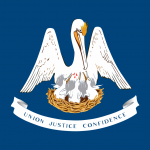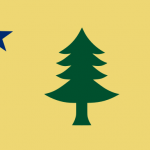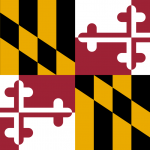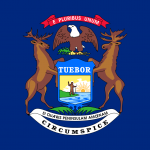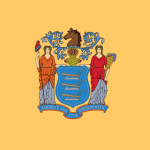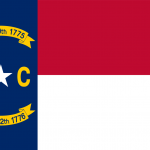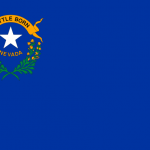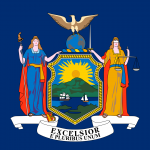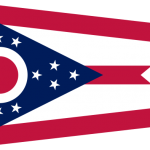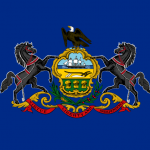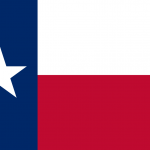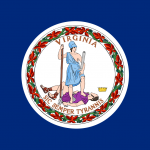Community fridges are common property and should be governed by community rules. Food Health codes are normally made for restaurants and other food businesses, and not with community food sharing in mind. Health inspectors know that and tend to be tolerant as long as they see you have your own food safety rules and are serious about them, keeping the freedge always clean and safe. Still, the idea of community fridges is not always accepted by health authorities and freedge hosts can sometimes face legal battles.
This legal section was intended to help freedge hosts if they encounter legal obstacles, not as a checklist for future freedges. We believe a favorable legal environment is not a prerequisite to start a community fridge, and freedges are great tools to help shape those laws. Therefore we encourage people to start their fridge first and deal with authorities later.
What types of Food can you share?
Freedges can safely share produce, shelf-stable items and cooked items. Specific rules vary by state or province.
(1) Produce and Non-perishables: In most states freedges can operate as gleaners for fruits and vegetables without a permit. Pre-packaged, shelf-stable items (such as canned, dried and baked goods) are often allowed by “pantry” laws or tolerated for their low risk.
(2) Cooked items: Some states might allow packaged cooked food from registered kitchens who have a current food safety certificate. Make sure to require all cooked food to be labeled. Some food codes won’t allow cooked items unless the freedge is supervised all the time and/or all items are checked upon reception, which is often unpractical and defeats the purpose of a low cost, community-managed, food sharing space. We believe all freedges should be able to share cooked food, as it’s the most valuable for people in food insecurity. Additionally, the energy and resources used from farm to fork is at its maximum and we should save it from going to waste.
Even when permits are not required, inspections only occur in response to a consumer complaint or a report of a suspected foodborne illness, so make sure your freedge is checked / cleaned regularly. Have your sharing rules visible to all users so local health authorities can see the freedge is well managed.
Liability protection:
According to a report from the University of Arkansas, lawsuits arising out of the donation or provision of recovered food are extremely uncommon. We believe the focus on liability, more specifically financial responsibility, is detrimental to the idea of community responsibility implied in community food sharing. Even so, we understand property-owners are often concerned about liability and this can be an obstacle when looking for a suitable location. See below what protections you have:
US: The Good Samaritan Food Donation Act protects food donors against liability, when the donation happens through a nonprofit. Many states, such as California and Colorado, extend this protection to food businesses. We consider this law to be unnecessary given the non-existing nature of liability cases related to food donations. A Community fridge doesn’t have to be operated by a nonprofit in order to exist.
Canada: All Canadian provinces protect “person-to-person” food donations against liability.
Are you trying to install a freedge where liability insurance is required? Some property or business owners will require liability insurance, if that is the case become a freedge volunteer and fill out our host agreement form and email to valerie@freedge.org
Fiscal Sponsorship
Do you need to be part of a 501c3 to receive a grant or to otherwise act as a 501c3 nonprofit? Fill our fiscal sponsorship form and contact the freedge team! You will have to report your finances to us (see accounting spreadsheet below) and will also be under our insurance policy.
Accounting Tools: Download our accounting spreadsheet to have you manage your finances
–
FOCUS GUIDES
Dealing with Health Inspectors
Filing Taxes: Should you report mutual aid donations as income?
Suggested Food Safety Protocol
Also Check Out this Q&A about community fridges made by Ava Cilia from Harvard Law School
State-Specific Laws
State-specific Legal Guides give information about liability protection, what types of food you can share and permit requirements. Please contact us if you are facing legal obstacles but your state/province is not in the list (ernst@freedge.org)
